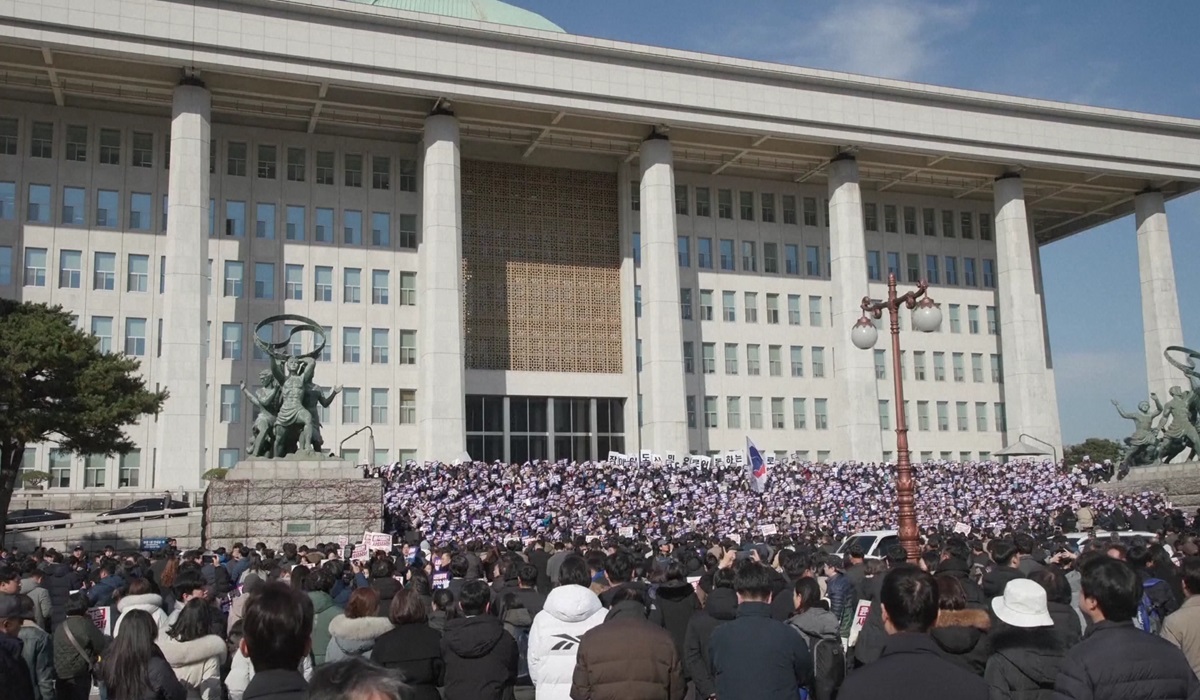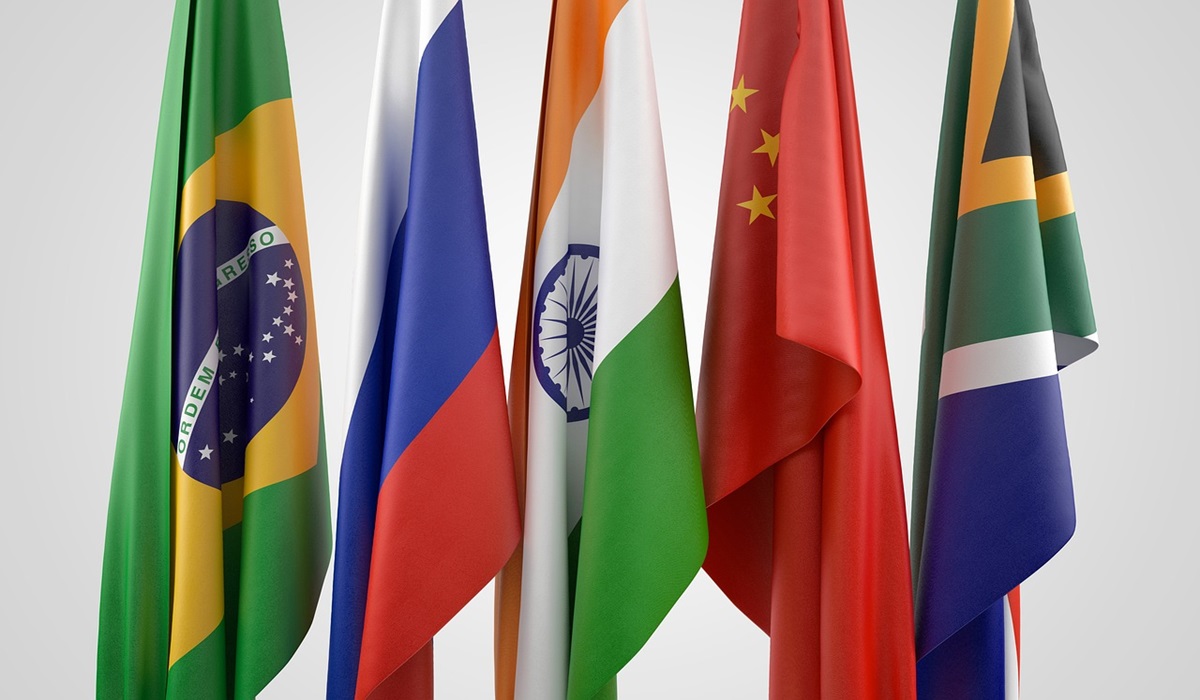Freeland’s Resignation: Sour Grapes and Pettiness, A Masterclass of Political Tantrum
- TDS News
- Breaking News
- December 16, 2024

The resignation of Chrystia Freeland as Canada’s Deputy Prime Minister and former Finance Minister reeks of melodrama, self-pity, and entitlement, cloaked in the guise of principled dissent. Her exit is less about a noble stand for Canada and more about a bruised ego struggling to accept a political demotion. Her social media statement, dressed up as a heartfelt farewell, reads as a bitter swipe at Prime Minister Justin Trudeau, painting him as the villain in her self-authored tragedy. But let’s strip away the theatrics and call this what it is: sour grapes and a blatant lack of team spirit.
Trudeau, as Prime Minister, holds the prerogative to shuffle his Cabinet as he sees fit—just as he appointed her as Finance Minister, displacing her predecessor. Freeland’s outrage now feels hypocritical. What did she think would happen? Cabinet reshuffles are part of governance, not personal vendettas. The decision to remove her as Finance Minister was within the PM’s rights, and she was still offered a Cabinet position. Her refusal to accept a different portfolio, combined with her dramatic resignation, signals that this is more about her pride than any grand political principle.
For anyone to attempt to spin her departure as a feminist issue is particularly galling. Yes, she was Canada’s first female Finance Minister, but being removed doesn’t erase Trudeau’s track record of gender parity in Cabinet. With respect to media pundints insinuation that the Prime Minister’s decision undermines women in leadership positions rings hollow when one considers Trudeau’s consistent promotion of women to high-profile roles. If Freeland truly believed in the continuity she championed, she would have embraced the opportunity to support her successor—especially if, as widely speculated, the new Finance Minister will be Mark Carney. Carney, a globally respected economist and former governor of the Bank of Canada and the Bank of England, brings qualifications that far surpass Freeland’s. His appointment would be an undeniable upgrade.
Freeland’s claim that the Prime Minister no longer had confidence in her is equally unconvincing. The reality is, leadership demands tough decisions, and sometimes that means recognizing when it’s time for fresh perspectives. Her fixation on this as an affront to her capabilities betrays a startling lack of grace. A real team player would have stayed on, taken the Deputy Prime Minister role seriously, and worked to strengthen the government’s agenda, even without the finance portfolio. Instead, she chose to flounce out of Cabinet, leaving behind a narrative of betrayal that serves no one but herself.
Her statement is laced with veiled criticisms of Trudeau’s approach to fiscal policy, accusing him of costly gimmicks and insufficient seriousness in the face of economic challenges. Policies she sets and implements as the Minister of Finance. If she truly felt that her vision for Canada’s financial future was incompatible with the Prime Minister’s, why not resign months ago? And if she’s so concerned about Canada’s future, why remain as a Liberal MP and commit to running again? This selective outrage doesn’t align with her professed convictions.
Freeland’s resignation smacks of opportunism, not principle. It’s a thinly veiled attempt to position herself as a martyr while undermining the government she claimed to serve. And let’s be clear: Trudeau is no stranger to criticism, but this moment isn’t about his failings—it’s about Freeland’s inability to handle a professional recalibration. Her departure reveals less about the Prime Minister’s leadership and more about her own inability to prioritize the greater good over personal grievances.
As for the media frenzy around this resignation, let’s not overstate its significance. If Carney assumes the Finance Minister role and delivers on the economic stability and innovation Canada desperately needs, Freeland’s departure will be seen as a mere bump in the road. Her legacy, meanwhile, will be overshadowed by her petulant exit, not her accomplishments.
In the end, the Deputy Prime Minister had a choice: step aside with dignity and support the transition or lash out and make it all about her. She chose the latter, and Canadians are left questioning whether she was ever truly a team player. Leadership isn’t just about the spotlight; it’s about knowing when to step back for the greater good. Freeland failed that test, and that is why, she will never be Prime Minister!








